Seminar On “Product Recalls: Causes and Consequences”
By: Prof. Rachana Shah, Associate Professor, Carlson School of Management
Abstract of the Talk: In that seminar, She shared their most current research on product recalls, and went through a series of papers in that stream. In developing that research stream, she leveraged her knowledge of lean and waste-eliminating, problem-solving culture in identifying effectiveness of inspections and causes of quality failures, in automotive, medical device and pharmaceutical industries, and healthcare delivery in hospitals and nursing homes. Her research on product recalls is being used by the FDA and Fortune 500 companies to redesign the production and recall processes.
In the first study, they identified product variety (measured as the number of factory installed options), plant variety (measured as the number of models per assembly line in a plant), and capacity utilization as drivers of subsequent manufacturing-related recalls. They examined their individual and joint effects using a unique data set compiled for a seven-year period by linking assembly line production data for North American automotive manufacturers with recall data from the National Highway Traffic and Safety Administration.
They showed that manufacturing-related recalls are positively associated with product variety and plant utilization, but not with plant variety. They also found that the joint effect of plant variety and utilization is positively associated with increased recalls. In quantitative terms, a one-standard-deviation increase in the number of options (four additional options) is associated with two additional recalls and costs $46.2 million to automakers over the sample duration. They observed similar results with plant utilization, and found that a car built in a plant that is being utilized above 100% capacity is associated with more than eight additional recalls corresponding to an incremental cost of $167 million.
In the second paper, they studied how well plant inspection outcomes predict the hazard of a future recall and analyzed how investigator experience affected that predictive relationship. Using secondary data spanning a seven-year period in the medical device industry and a recurrent-event Cox proportional hazard model, their analysis showed that inspection outcomes reliably predict future product recalls. However, inspection outcomes become an unreliable predictor of recalls with an increase in site specific investigator experience. Through post hoc analysis, They also showed that the hazard of a recall at a plant increases with site-specific experience, independent of the inspection outcome. Compared to the first visit by an investigator, the recall hazard increases by 21% the second time the investigator visits a specific plant, and by 57% on the third visit. We propose investigator rotation and investigator sequencing as two policies to help mitigate this increased recall risk.
The last study examined whether and how competition influences product recalls. They addressed that important research gap by creating a novel measure of product competition using data from the Food and Drug Administration’s Orange Book, and combining it with product recall data across a 12-year period. Their results showed that product competition is positively associated with manufacturing-related recalls, providing evidence of a possible downside to competition in the pharmaceutical industry. Although competition is fostered by numerous federal regulations, they found that it may encourage companies to relax quality standards during the manufacturing process, which may result in lower quality products. They also found that this relationship is contingent on managerial discretion surrounding the recall decision. While product competition is associated with an increase in high severity, low discretion recalls, it is associated with a decrease in low severity, high discretion recalls. Findings from that study have critical implications for policy-makers who regulate product competition in the pharmaceutical industry.
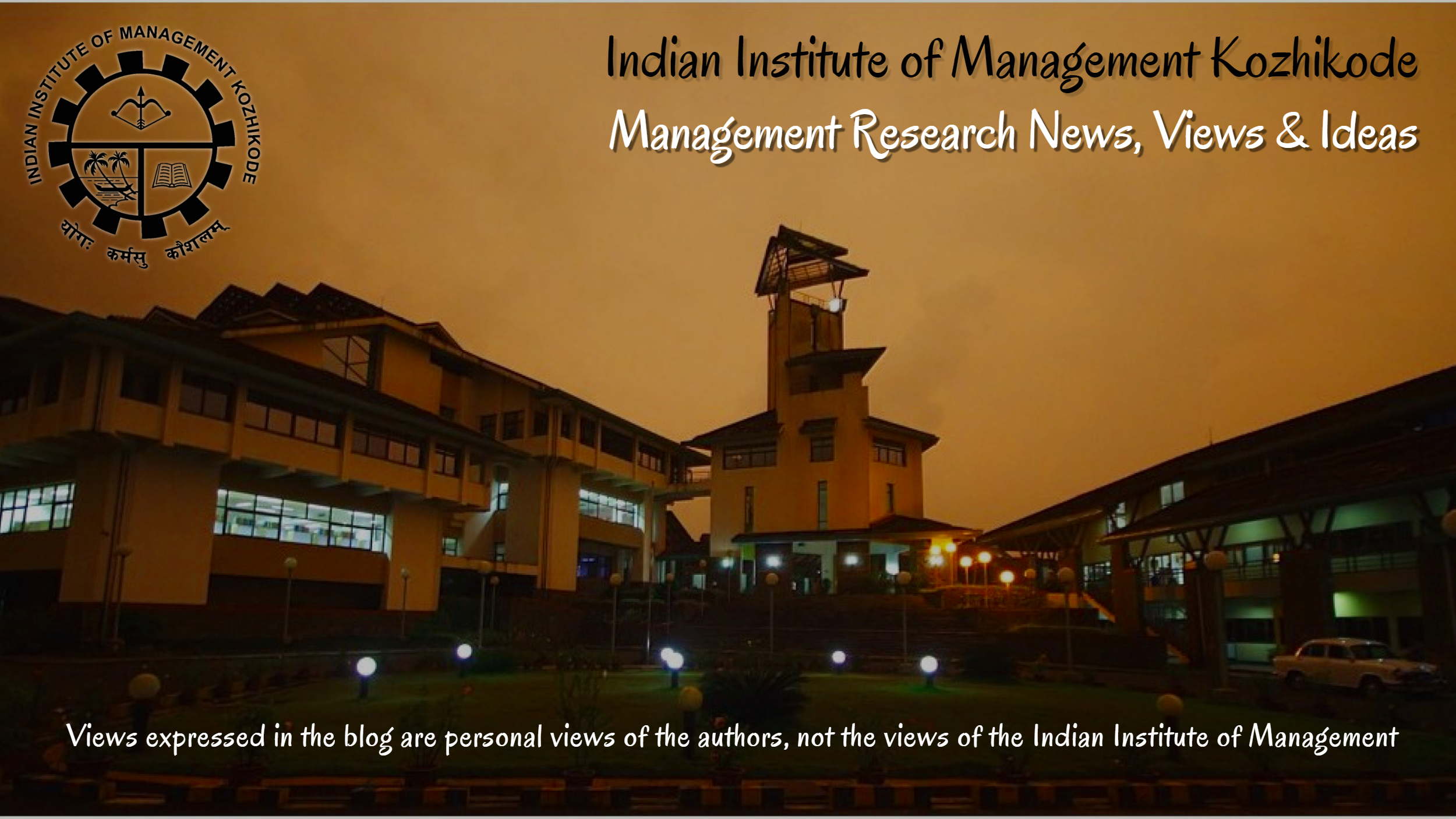

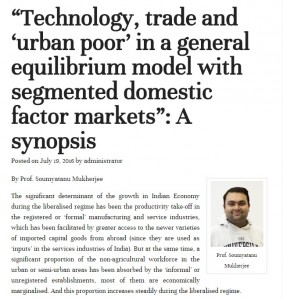
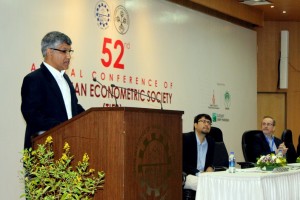

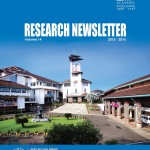
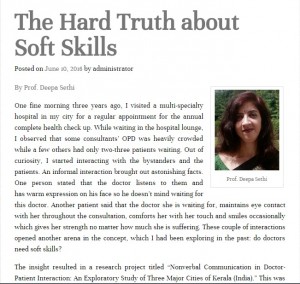



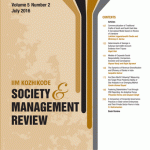





 Users Today : 368
Users Today : 368 Users Yesterday : 921
Users Yesterday : 921 This Month : 17562
This Month : 17562 This Year : 17562
This Year : 17562 Total Users : 575806
Total Users : 575806 Who's Online : 5
Who's Online : 5